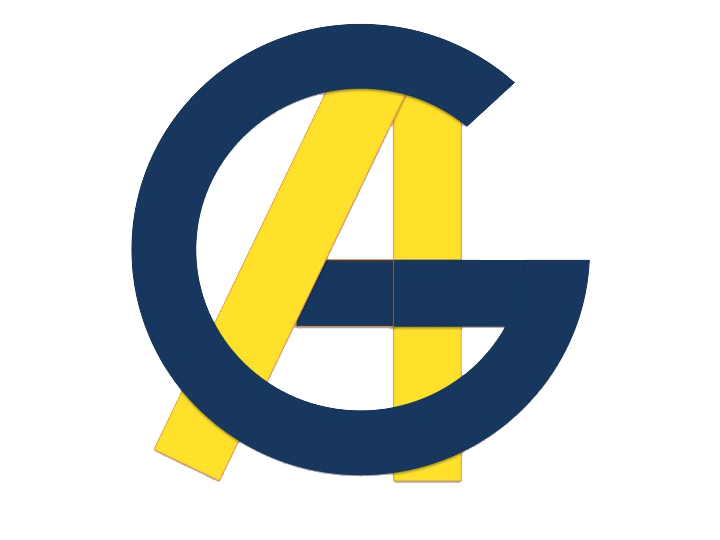6410 W. Gulf To Lake Hwy
Crystal River, FL 34429
352-563-2450
3653 E. Forest Drive
Inverness, FL 34452
Note: Please call during open hours to make appointments or submit information here, allow up to 48hrs for calls/messages to be returned.
Opening Hours:
MON 8:00am – 4:00pm
TUES 8:00am – 4:00pm
WED 8:00am – 4:00pm
THUR 8:00am – 4:00pm
FRI 8:00am – 4:00pm
SAT/SUN CLOSED
Pancreatitis
What is Pancreatitis?
The pancreas is an organ responsible for releasing certain enzymes that aid in digestion as well as for the release of insulin. Acute pancreatitis is when the pancreas is inflamed and those enzymes can begin digesting the organ itself. Chronic pancreatitis is generally a result of recurrent episodes of acute pancreatitis, causing long term damage to pancreatic structure or function.
What are the symptoms of pancreatitis?
Pancreatitis is classified as either acute or chronic. In acute pancreatitis, a person will begin experiencing sudden, severe upper abdominal pain that generally radiates to the back. Most will also experience nausea and vomiting. In chronic pancreatitis, the most common complaint remains epigastric (upper/mid) abdominal pain that radiates to the back along with decreased appetite and nausea or vomiting. In addition to pain, those with chronic pancreatitis can experience steatorrhea, or fatty stools that float, since the pancreas cannot adequately digest the fats in the diet.
What causes pancreatitis?
Acute pancreatitis is typically the result of either a gallstone that blocks the pancreatic duct or due to chronic alcohol use by mechanisms that are not clearly understood. Other, less common causes of acute pancreatitis, include very high levels of triglycerides (>1000 mg/dL), irritation caused by a procedure called ERCP, certain medications (azathioprine, valproic acid, estrogens, opiates, tetracycline, steroids, bactrim, lasix, etc), or can even be idiopathic meaning a definitive cause isn’t identified. Chronic pancreatitis occurs when there is irreversible scar tissue that forms, either by recurrent episodes of acute pancreatitis or as a result of ongoing inflammation. This can ultimately lead to impaired digestion of foods, chronic pain, and diabetes mellitus.
How to diagnose Pancreatitis?
Pancreatitis can be diagnosed by having physical exam findings that correlate with pancreatitis as well as having blood work performed to look specifically at some pancreatic enzymes like lipase and amylase. Abdominal imaging, such as a CT scan or Ultrasound, may be needed to discover the cause of pancreatitis. An example would be getting an Ultrasound of the gallbladder to look for gallstones that may be causing pancreatitis.
Treatment for Pancreatitis?
Acute Pancreatitis:
-
Having the pancreas rest by restricting oral and food intake.
-
Starting IV fluids to maintain adequate blood volume and hydration.
-
Controlling the pain caused by pancreatitis
-
Finding the underlying cause and treating it:
-
If alcohol is the cause of pancreatitis then abstinence from alcohol is recommended.
-
If the gallbladder is the cause then surgical removal of the gallbladder may be necessary to treat and prevent further attacks.
-
Chronic pancreatitis:
The main goal in the treatment of chronic pancreatitis is to provide pain relief and prevent further progression. This may include a referral to a chronic pain specialist. Other exams and tests may be needed to monitor your progression. Monitoring blood sugar levels, pancreatic enzymes and diet are all very important in the treatment of chronic pancreatitis.
